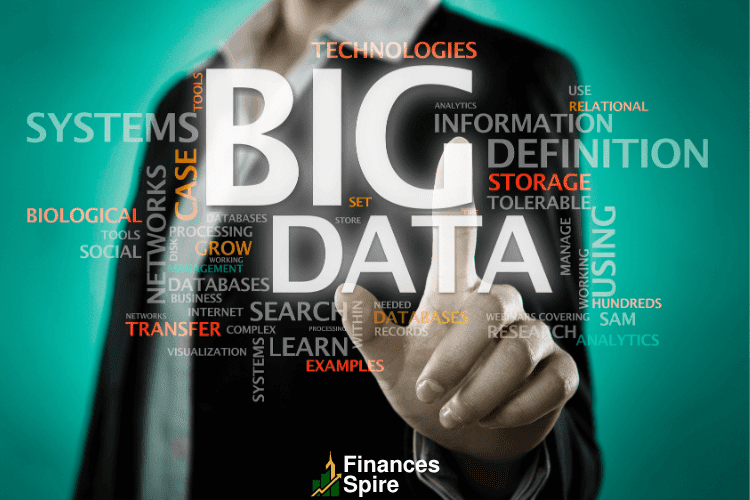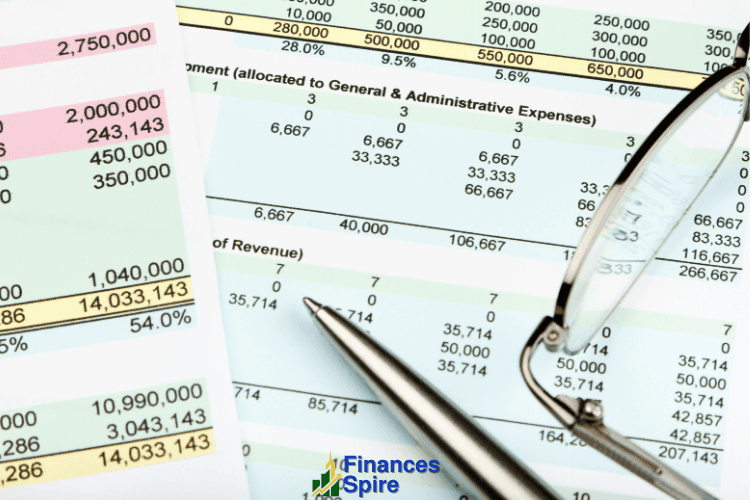Big Data in Accounting: Real-Time Insights, Predictive Analytics & Automation
June 1, 2025
Big Data as a Game-Changer in Accounting
Big Data in Accounting is transforming the way finance professionals operate in today’s digital economy. What was once a static field grounded in ledgers and historical reports is now a dynamic, tech-powered environment. Leveraging massive volumes of structured and unstructured data, finance teams are delivering real-time insights, enabling predictive analytics, and adopting intelligent automation tools that redefine accuracy and strategy.
Real-Time Insights from Big Data in Accounting
Traditional accounting relied heavily on manual data entry and retrospective reporting. Today, Big Data in Accounting integrates real-time data feeds from POS systems, ERP tools, IoT devices, and even customer sentiment platforms. This shift allows for always-on financial dashboards and rapid anomaly detection.
- Anomaly detection is now instantaneous using machine learning.
- Fraud and error rates are lowered with automated reconciliation.
- Operational efficiency increases via auto-journal entries and intelligent closing processes.
Case Example: A multinational e-commerce firm linked its warehouse data with accounting ledgers in real time. As a result, monthly close time was halved, and transparency improved across 18 departments.
Predictive Analytics & Big Data in Accounting
The power of predictive analytics is one of the most revolutionary aspects of Big Data in Accounting. CFOs can now forecast and model future scenarios based on historical data, behavioral trends, and external signals.
Key applications include:
- Cash flow forecasting using behavioral and macroeconomic data.
- Revenue prediction through trend analysis and product performance.
- Risk modeling with internal and third-party data inputs.
Example: A SaaS startup predicts churn rates by analyzing usage data. The finance team uses this to adjust revenue recognition models and budget forecasts.
Strengthening Audit & Compliance with Data Analytics
Big Data in Accounting transforms audits into proactive processes. Rather than periodic reviews, teams now perform continuous transaction monitoring with advanced analytics.
- 100% transaction auditing with AI-led review tools.
- Global tax compliance through automated rule-checking.
- Real-time fraud prevention by flagging high-risk transactions instantly.
Real-World Impact: A global investment firm combined blockchain audit trails with AI-driven analysis. This cut compliance breaches by 65% and flagged vendor fraud within seconds.
Strategic Advisory & Competitive Advantage
Accountants are no longer just bookkeepers—they’re business partners. With Big Data in Accounting, they deliver deeper strategic insights that guide executive decision-making.
- Client profitability analysis and customer segmentation.
- ESG performance tracking by merging financial and sustainability data.
- M&A insights through digital footprint analysis and market sentiment.
Scenario: During a merger, a finance team analyzed a target company’s web traffic and media presence alongside financials to develop a stronger acquisition strategy.
How Automation & Big Data in Accounting Boost Efficiency
The use of automation and Big Data in Accounting leads to intelligent, streamlined reporting. Manual reports are replaced with real-time dashboards and machine-generated narratives.
- Dynamic dashboards eliminate static monthly reports.
- NLG (Natural Language Generation) converts numbers into plain summaries.
- Robotic Process Automation (RPA) handles repetitive tasks like bank reconciliations.
Corporate Example: A global manufacturer deployed AI to process 2 million transactions daily. It now generates executive summaries weekly, cutting analyst workload by 70%.
The Rise of the Data-Literate Accountant
Today’s accountants must be fluent in both finance and data. Companies embracing Big Data in Accounting are investing in upskilling their teams.
In-demand skills include:
- SQL & Python for querying datasets.
- Excel automation with Power Query and macros.
- Data visualization using Power BI, Looker, or Tableau.
- Understanding AI/ML concepts for decision modeling.
- Communicating data to stakeholders of all backgrounds.
Many organizations are building internal data academies to future-proof their finance teams.
Benefits at a Glance: Big Data’s ROI in Accounting
| Impact Area | Benefit Realized |
|---|---|
| Real-Time Reconciliation | Faster closing cycles, reduced errors |
| Predictive Modeling | Smarter budgeting and risk mitigation |
| Audit Automation | Better fraud detection and compliance |
| Strategic Advisory | Informed, data-backed decisions |
| Workflow Automation | Lower costs, higher productivity |
| Talent Evolution | More adaptive and forward-thinking finance teams |
Conclusion
Big Data in Accounting is no longer a future concept—it’s the new standard. From predictive planning to automation, real-time accuracy to strategic advisory, it enables accountants to lead with insight and speed. Finance teams that embrace these technologies will not only stay competitive but become key drivers of business transformation.



